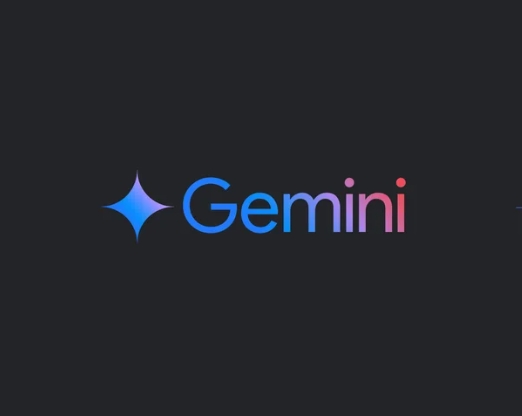Recently, the Financial Times reported that approximately 300 Google DeepMind employees in London are planning to join the Communication Workers Union (CWU). This move is a challenge to Google's decision to sell its AI technology to defense companies and its close relationship with the Israeli government through Project Nimbus. This comes after Google failed to deliver on its February commitment to not develop AI for weapons or surveillance.

Image Source Note: Image generated by AI, licensed through Midjourney.
Employees are concerned about the potential use of their technology in the Gaza conflict. The Financial Times reported that five employees have already resigned due to these concerns. In May, these employees sent a letter to management demanding a response to their concerns, but received no clear answer.
The CWU states that the employees' primary concerns are ethical, not economic. Union recognition could lead to negotiations with management and potentially even a strike. These events highlight the growing importance of ethical discussions within Google DeepMind, with employees hoping to leverage the union's power to secure a more reasonable work environment and clearer company policies.
As a leading AI company, Google DeepMind's decisions not only affect the careers of its employees but also spark broader societal reflection on tech ethics. Whether Google DeepMind can balance technological advancement with social responsibility will be a key focus for the public and its employees going forward.
Key Points:
🌐 Approximately 300 Google DeepMind employees plan to join the CWU to oppose the use of AI technology for military purposes.
🤖 Employees are disappointed by Google's failure to keep its promise not to develop AI for weapons, with five employees already resigning.
✊ If the union is recognized, it could lead to negotiations or strike action between management and employees.









